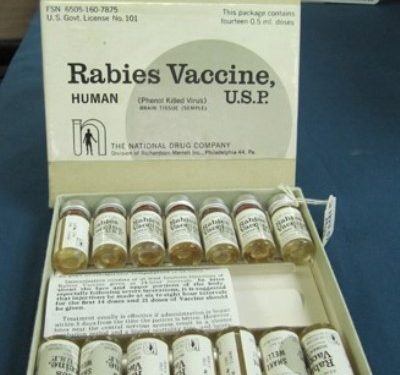The Ghana Veterinary Service has disclosed that two persons have died from rabies in the Ashanti Region.
The two deaths occurred within Sekyere Afram Plains and Atwima Nwabiagya South districts this year.
According to research, 95 percent of the estimated 55,000 Rabies cases occur in Africa and Asia.
The situation according to the veterinary service is worrying because such deaths can be preventable with annual immunization of these animals.
The veterinary service has also expressed worry about how pet owners undermine the importance of regular immunization as many people still do not believe in the 100% fatality rate of rabies.
Speaking to Citi News on the sidelines of a free immunization exercise in Kumasi as part of the observation of World Rabies Day, the Ashanti regional director of the Ghana Veterinary Service, Dr. Mabel Abudu cautioned pet owners to attach seriousness to regular immunization to avoid such preventable deaths.
“At the beginning of the year, we heard of two deaths in the Ashanti Region, but it didn’t get to us. What happened was somebody reported to us, and after tracing, one was from Afram Plains and the other one Atwima Nwabiagya South. The people passed before the information got to us. So when we traced, yes, it was true that they were bitten by dogs, and they didn’t take it seriously.”
“People feel that the disease is not there, the department is joking. It is one health approach, so Ghana Health Service is talking about it, we are talking about it. People believe that because they come from certain tribes when they are bitten by dogs, nothing will happen. Some also feel that when you just put cola nuts on them, it will go. But this is 100 percent vaccine-preventable both in humans and animals. You can’t use anti-biotics to treat rabies cases. So once you are bitten by a dog, you quickly have to visit any health centre, and then they will do the needful,” she stated.
The veterinary service is also calling on the government to support the service in organizing annual mass immunization exercises to help the country achieve 70% immunity by 2030.










